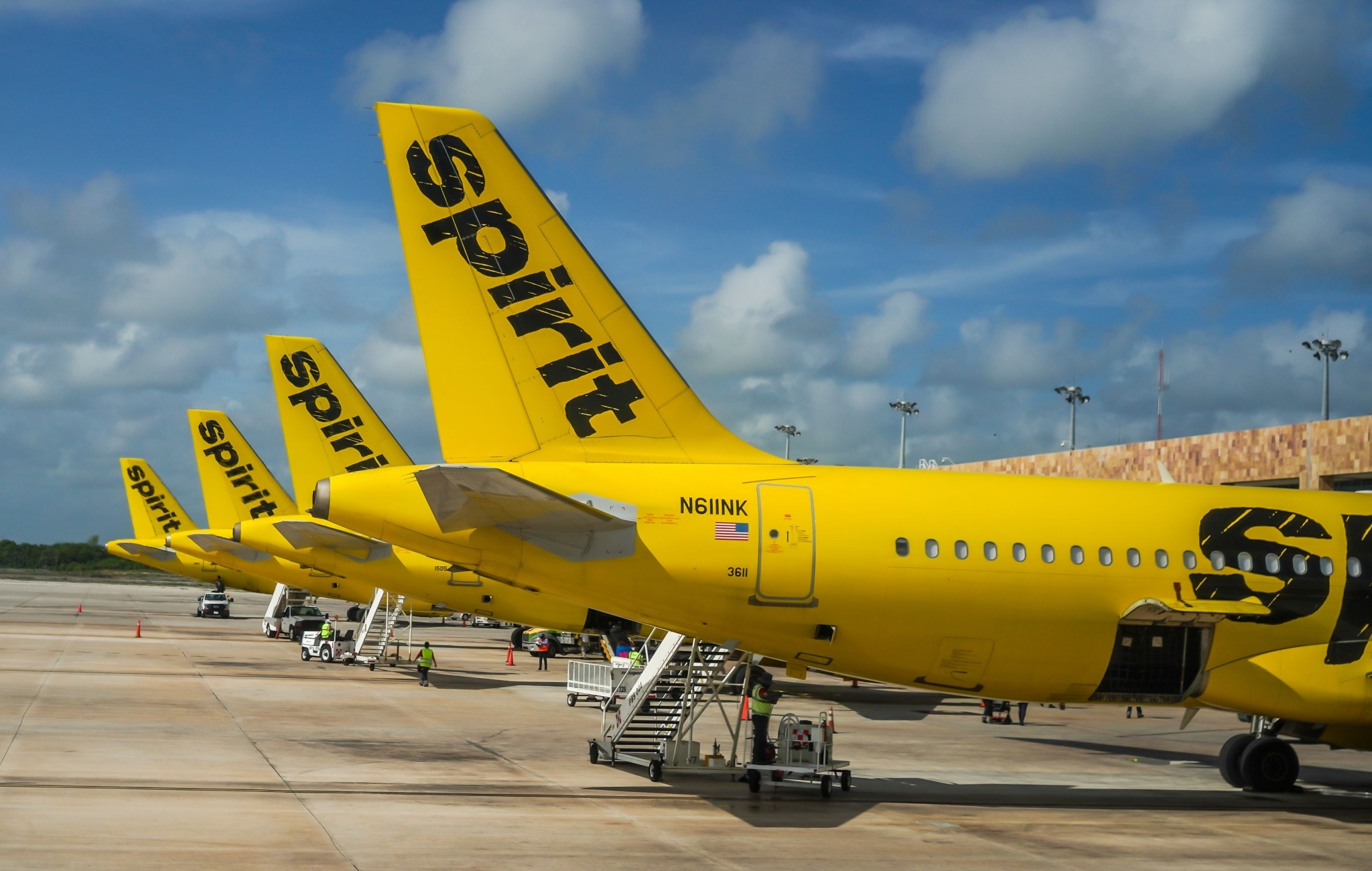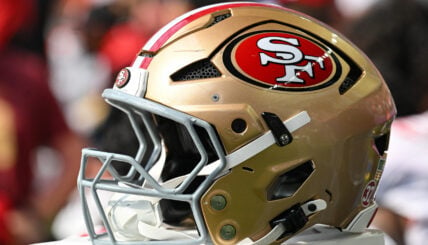We support our Publishers and Content Creators. You can view this story on their website by CLICKING HERE.

Spirit Airlines announced last month it will enter bankruptcy proceedings. This ends a period of headwinds for the airline created by a combination of increased costs and competition from larger airlines in the budget space. These problems alone might have been overcome, had the airline succeeded in its intended merger with JetBlue. But in a protracted legal battle, the Justice Department, together with states including Massachusetts, sued to block the merger on antitrust grounds. As a result of the regulatory pressure, JetBlue terminated talks with Spirit, opting to pay the $69 million termination fee.
Eight months later, Spirit filed for Chapter 11.
As stakeholders in this failed contract consider next steps, the question remains, “Who stands to benefit from the blocked merger?” The answer is now obvious: Delta, American, Southwest and United — the so-called Big Four airlines. By shielding consumers from the possible growth and consolidation of smaller airline operations, the Justice Department has merely strengthened existing contenders, ensuring that they will have less competition than they would have otherwise.
Regulators’ anti-merger stance was an ostensible move to maintain choice for consumers. In its original argument to block the merger, the Department of Justice claimed that “by eliminating that competition and further consolidating the United States airlines industry, the proposed transaction will increase fares and reduce choice on routes across the country, raising costs for the flying public and harming cost-conscious fliers most acutely.” The DOJ cited overlapping routes between JetBlue and Spirit where competition would be eliminated, to make the appeal that the merger would reduce consumer choice and raise prices.
This reasoning hasn’t aged well. Spirit’s financial failure reveals that the health of JetBlue and Spirit’s businesses was weaker than the Justice Department tried to argue in its case. Now, as Spirit enters bankruptcy proceedings, executives of rival companies are salivating over the possibility that the airline will need to liquidate its assets. Dominant airlines’ ability to buy assets at a steep discount would add bitter punctuation to this antitrust saga. Even if Spirit does not close operations, but remains in a weakened position compared to pre-merger, it will leave fewer alternative routes for consumers, potentially with higher prices or worse service options.
The immediate effect of the blocked merger for consumers is evident. Customers on Reddit are already asking, “Is it still safe to book flights with Spirit?” A merger between Spirit and JetBlue might have reduced consumers’ options for cheap airfare on some routes, but the forced sale of Spirit’s assets and its weakened strategic position will wreak certain havoc on the budget airlines market.
These outcomes demonstrate the folly of regulators’ attempts to engineer market outcomes. A core conceit of the antitrust argument is the ability to know what the future holds. In this case, antitrust regulators acted on the belief that consumers would have more choice with JetBlue and Spirit as two separate airlines. That turned out to be false, because regulators cannot see the whole picture of any business’s fundamentals. Market disruption usually comes from some unanticipated change, a market entrant with a different business model or a shift in the business landscape. Instead of allowing businesses to adapt to a changing future, the Justice Department has grounded airlines’ and other industries’ ability to merge. Mergers and acquisitions are an important tool that allow businesses to radically adjust their current business trajectories.
By squelching the ongoing discussions, the Justice Department created even greater uncertainty and waste in the time and investment of what turned out to be pointless negotiations. Spirit and JetBlue combined could have been an alternative to the dominant airlines currently in play. Instead, we are faced with a weaker industry and potentially less brand choice.
The wisdom of the markets is to coordinate through decentralized decision-making. With each airline independently competing to become the go-to for consumers, the result is competition on both price and quality. Regulators should seek to protect consumers from obvious collusion while retaining respect for the spontaneous order of the marketplace.

 Conservative
Conservative  Search
Search Trending
Trending Current News
Current News 




